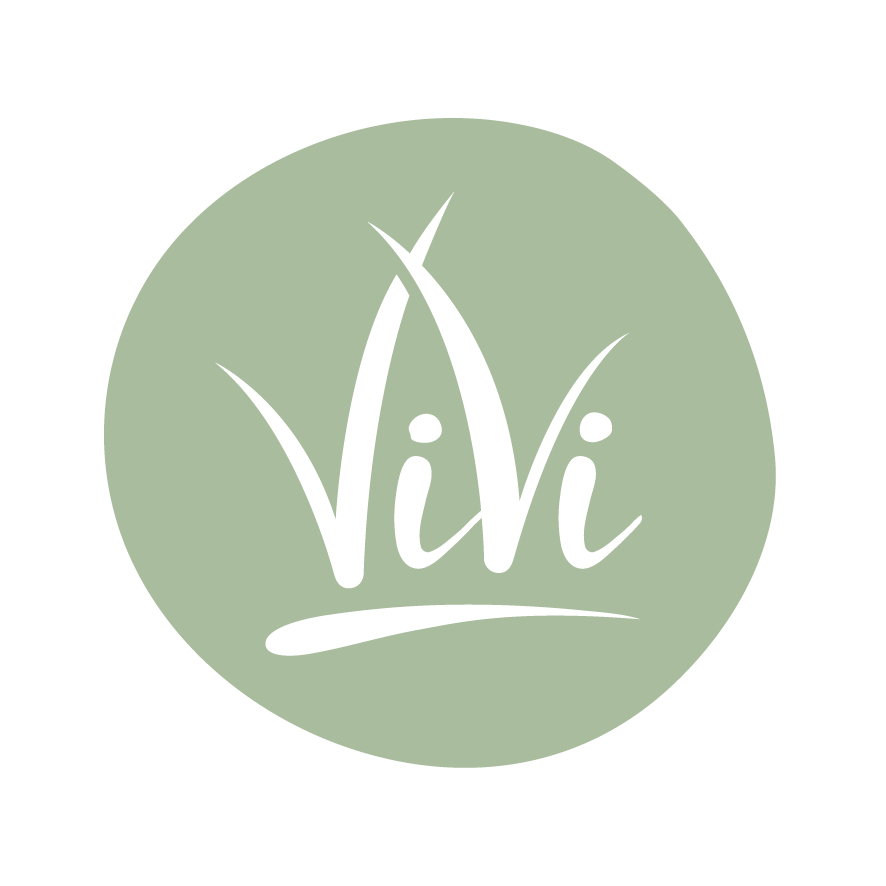

Vivi srl Società Benefit

Lazio, Italy
April 2022
Restaurants & food service
Service with Significant Environmental Footprint
Italy
Vivi è un marchio di Food & Lifestyle fondato a Roma nel 2008, che comprende quattro bistrot biologici in parchi, musei e palazzi storici della Capitale, oltre a un laboratorio di pasticceria con certificato bio. La cucina è di impronta mediterranea con contaminazioni internazionali e molte offerte vegane, vegetariane e free from. ViVi ha l’obiettivo di contribuire alla serenità e al benessere delle persone proponendo cibi naturali «bioviziosi» in luoghi pieni di bellezza e serviti da uno staff felice, per un pianeta piú green, gentile e luminoso. Vivi srl è diventata Società Benefit nel giugno 2020 e ha ottenuto la certificazione B Corp ad aprile 2022. Vivi is a Food & Lifestyle brand founded in Rome in 2008, which includes four organic bistros in parks, museums and historic buildings of the capital, as well as a pastry laboratory with organic certification. The cuisine is Mediterranean in style with international influences and many vegan, vegetarian and free from offerings. ViVi aims to contribute to the serenity and well-being of people by offering natural "biovicious" foods in places full of beauty and served by happy staff, for a greener, kinder and brighter planet. Vivi srl became a Benefit Company in June 2020 and obtained B Corp certification in April 2022. V Vivi.it
Overall B Impact Score
Governance 15.2
Governance evaluates a company's overall mission, engagement around its social/environmental impact, ethics, and transparency. This section also evaluates the ability of a company to protect their mission and formally consider stakeholders in decision making through their corporate structure (e.g. benefit corporation) or corporate governing documents.
What is this? A company with an Impact Business Model is intentionally designed to create a specific positive outcome for one of its stakeholders - such as workers, community, environment, or customers.
Workers 22.5
Workers evaluates a company’s contributions to its employees’ financial security, health & safety, wellness, career development, and engagement & satisfaction. In addition, this section recognizes business models designed to benefit workers, such as companies that are at least 40% owned by non-executive employees and those that have workforce development programs to support individuals with barriers to employment.
Community 18.3
Community evaluates a company’s engagement with and impact on the communities in which it operates, hires from, and sources from. Topics include diversity, equity & inclusion, economic impact, civic engagement, charitable giving, and supply chain management. In addition, this section recognizes business models that are designed to address specific community-oriented problems, such as poverty alleviation through fair trade sourcing or distribution via microenterprises, producer cooperative models, locally focused economic development, and formal charitable giving commitments.
Environment 24.6
Environment evaluates a company’s overall environmental management practices as well as its impact on the air, climate, water, land, and biodiversity. This includes the direct impact of a company’s operations and, when applicable its supply chain and distribution channels. This section also recognizes companies with environmentally innovative production processes and those that sell products or services that have a positive environmental impact. Some examples might include products and services that create renewable energy, reduce consumption or waste, conserve land or wildlife, provide less toxic alternatives to the market, or educate people about environmental problems.
What is this? A company with an Impact Business Model is intentionally designed to create a specific positive outcome for one of its stakeholders - such as workers, community, environment, or customers.
Customers 2.5
Customers evaluates a company’s stewardship of its customers through the quality of its products and services, ethical marketing, data privacy and security, and feedback channels. In addition, this section recognizes products or services that are designed to address a particular social problem for or through its customers, such as health or educational products, arts & media products, serving underserved customers/clients, and services that improve the social impact of other businesses or organizations.